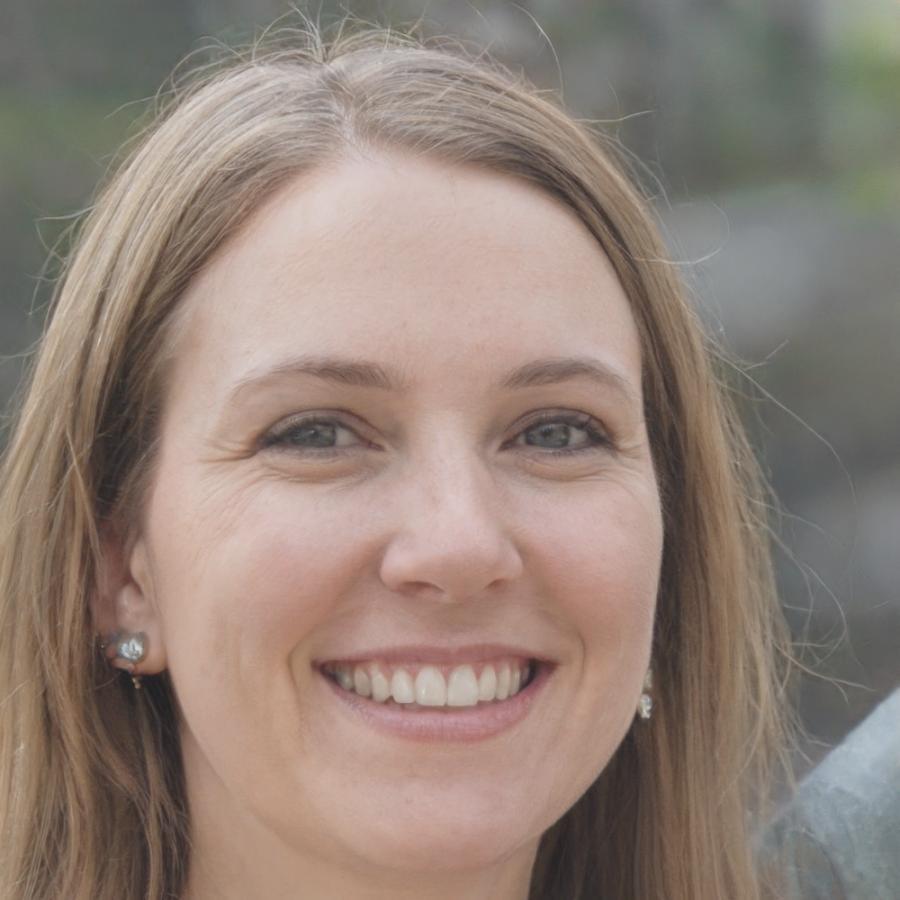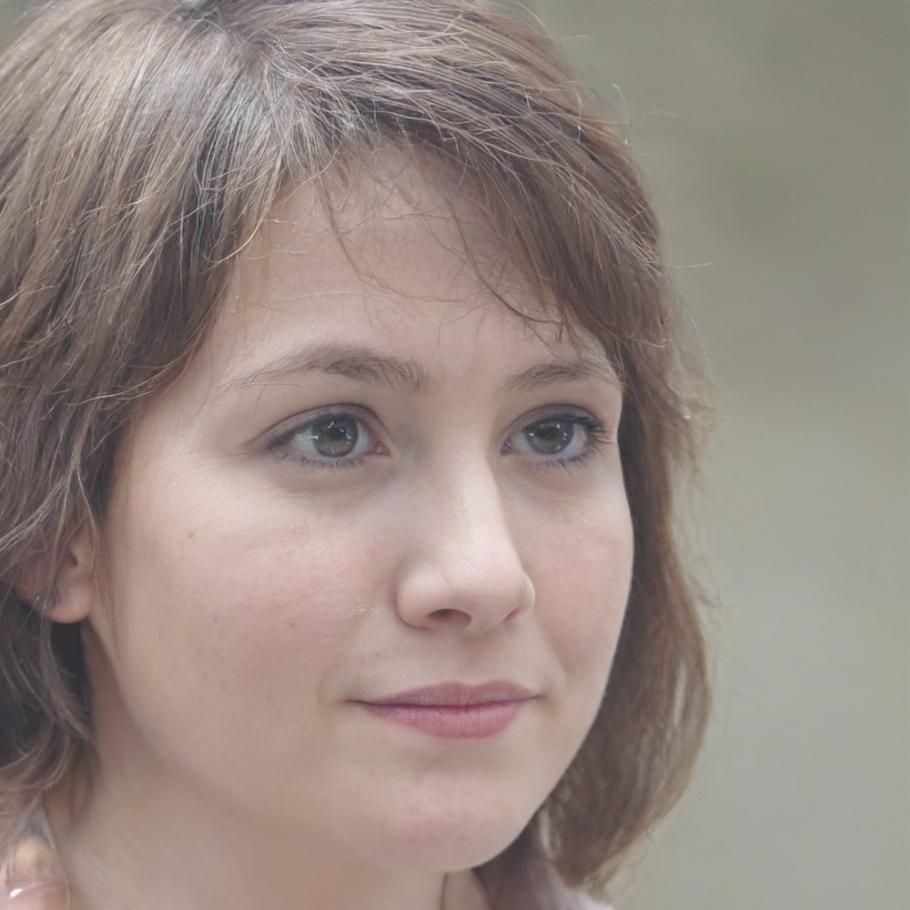Our Teaching Methods
We've spent eight years refining our approach to financial education. Our methods aren't revolutionary – they're simply practical, tested, and built around how real people actually learn about money.
Explore Our ProgramsHow We Developed Our Approach
Starting qiralexvona in 2017 wasn't about creating another finance course. We wanted to understand why so many Australians felt overwhelmed by budgeting basics, then build something that actually worked.
Foundation Research
We interviewed 200+ Australians about their budgeting struggles. The pattern was clear: people knew they should budget, but existing methods felt too rigid or complex for their real lives. Most had tried spreadsheets that collected dust or apps they abandoned after two weeks.
First Program Development
Our early workshops focused on one simple idea: start with what people actually spend money on, not what they think they should spend on. We tested this approach with 50 participants in Melbourne and Sydney. The feedback was encouraging, but we realized we needed more practical tools.
Method Refinement
We added the "2-week reality check" – having participants track spending without changing anything first. This became our signature approach. People could see their actual patterns before trying to change them. We also developed our "emergency fund ladder" system that breaks down savings into achievable steps.
Scale and Adaptation
We expanded beyond workshops to include online support groups and flexible learning options. The pandemic taught us that financial stress affects everyone differently, so we built multiple pathways through the same core material. Some people need accountability groups, others prefer self-paced learning.
Continuous Evolution
We're developing specialized modules for different life stages – from university students managing Austudy to families planning for school fees. Our newest addition is the "budget maintenance" program, because we learned that keeping a budget working long-term needs its own set of skills.
Common Budgeting Obstacles We Address
After working with thousands of Australians, we've identified the most frequent stumbling blocks. Here's how we help people move past them.
Irregular Income Stress
Freelancers, casual workers, and commission-based earners often feel like traditional budgeting doesn't work for them. When your income changes month to month, how do you plan ahead?
- Calculate your lowest 3-month income average from the past year
- Build your base budget on this minimum amount
- Create "bonus buckets" for higher-income months
- Practice the "smooth and spike" method for managing cash flow
Credit Card Cycle Trap
Many people find themselves paying credit card minimums while using the card for daily expenses. It feels impossible to break this cycle without major lifestyle changes.
- Map out exactly where card spending happens most
- Switch just one category to cash/debit for two weeks
- Apply the "snowball plus" strategy to card balances
- Build a small buffer before tackling larger payments
Family Budget Conflicts
When household members have different spending priorities or financial habits, budgeting becomes a source of tension rather than teamwork.
- Hold separate "money story" conversations first
- Agree on shared goals before discussing spending limits
- Create individual "no questions asked" spending allowances
- Schedule monthly budget check-ins, not daily spending discussions
Motivation Fade
Starting a budget feels great, but keeping it going after the initial enthusiasm wears off is where most people struggle. The daily reality of tracking and limiting spending gets tiresome.
- Set up automated systems for recurring expenses first
- Use weekly mini-reviews instead of daily tracking
- Create reward milestones for consistency, not just savings
- Join or form an accountability group for mutual support

Sarah Chen
Lead Financial Educator
Sarah joined qiralexvona in 2019 after spending five years as a financial counselor with Melbourne's community services. She was frustrated seeing the same people return with the same money problems, despite getting good advice. That's when she realized the issue wasn't knowledge – it was application.
Her approach focuses on building sustainable habits rather than perfect systems. "I've seen too many people create beautiful budgets that look great on paper but fall apart when life happens," she says. "We teach people how to adapt their budget, not just follow it."
Teaching Specialties
The difference was learning that my budget could bend without breaking. I used to restart every time I overspent, which meant I was always restarting. Now I adjust and keep going.
Ready to Try Our Approach?
Our next foundation program starts in September 2025. We keep class sizes small so everyone gets individual attention during the practical exercises.
